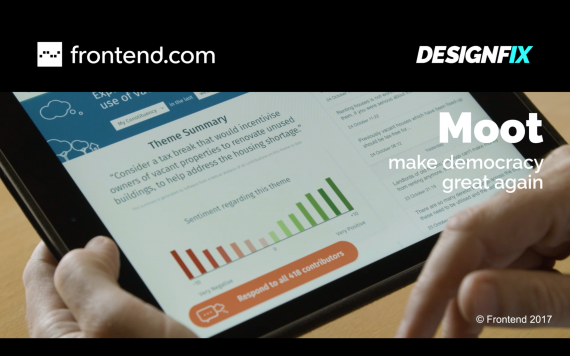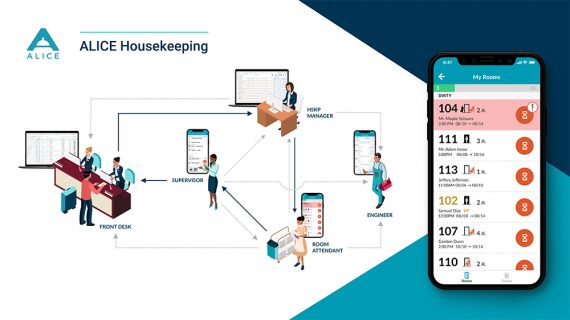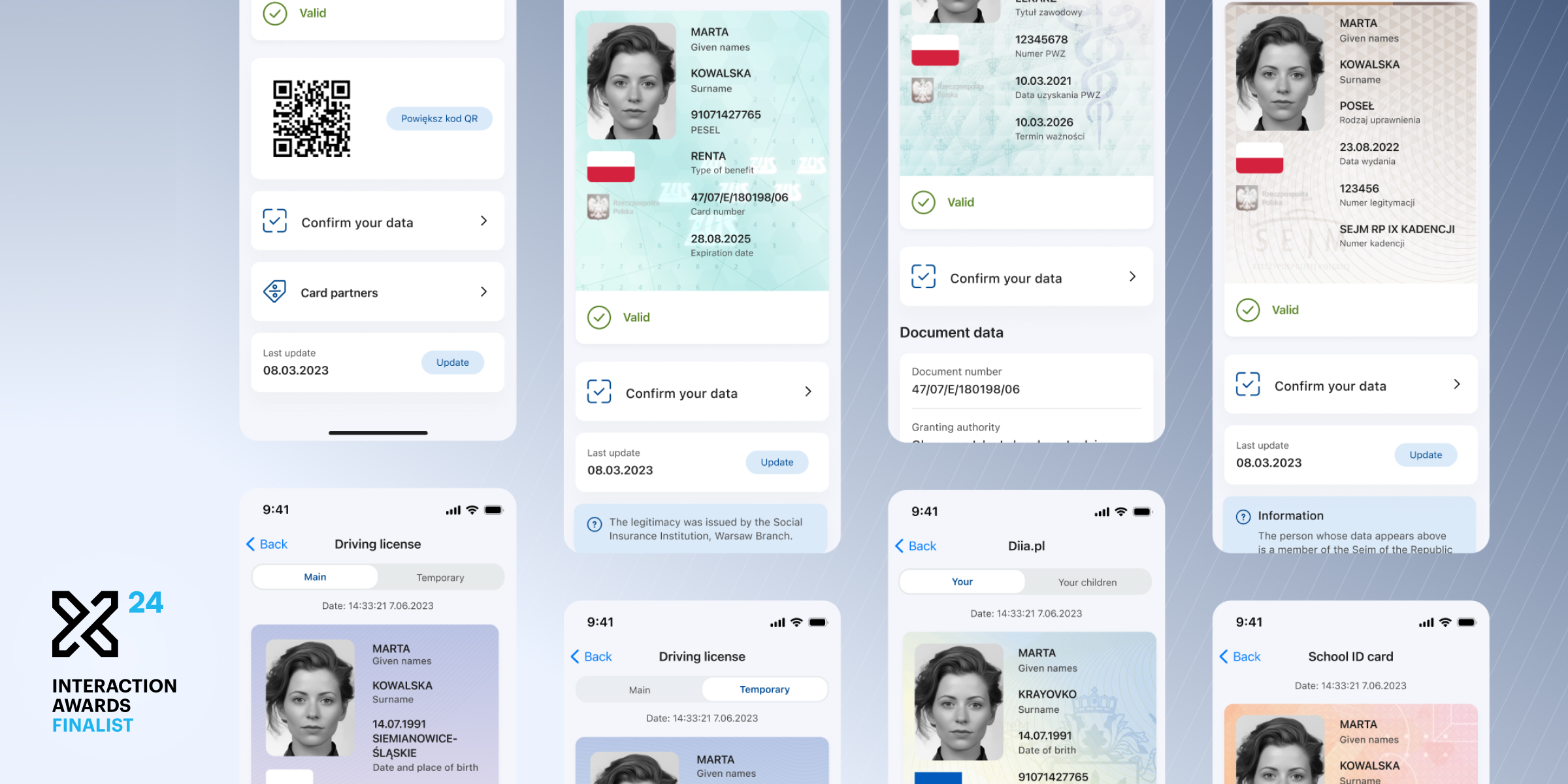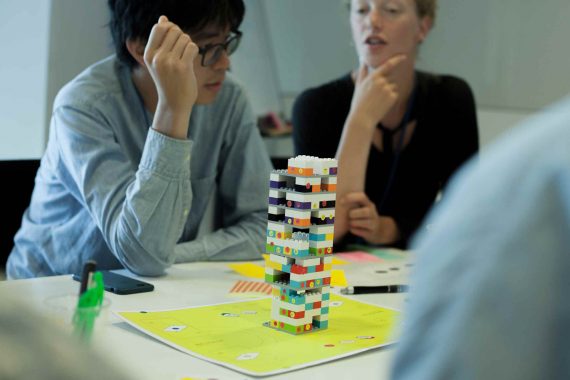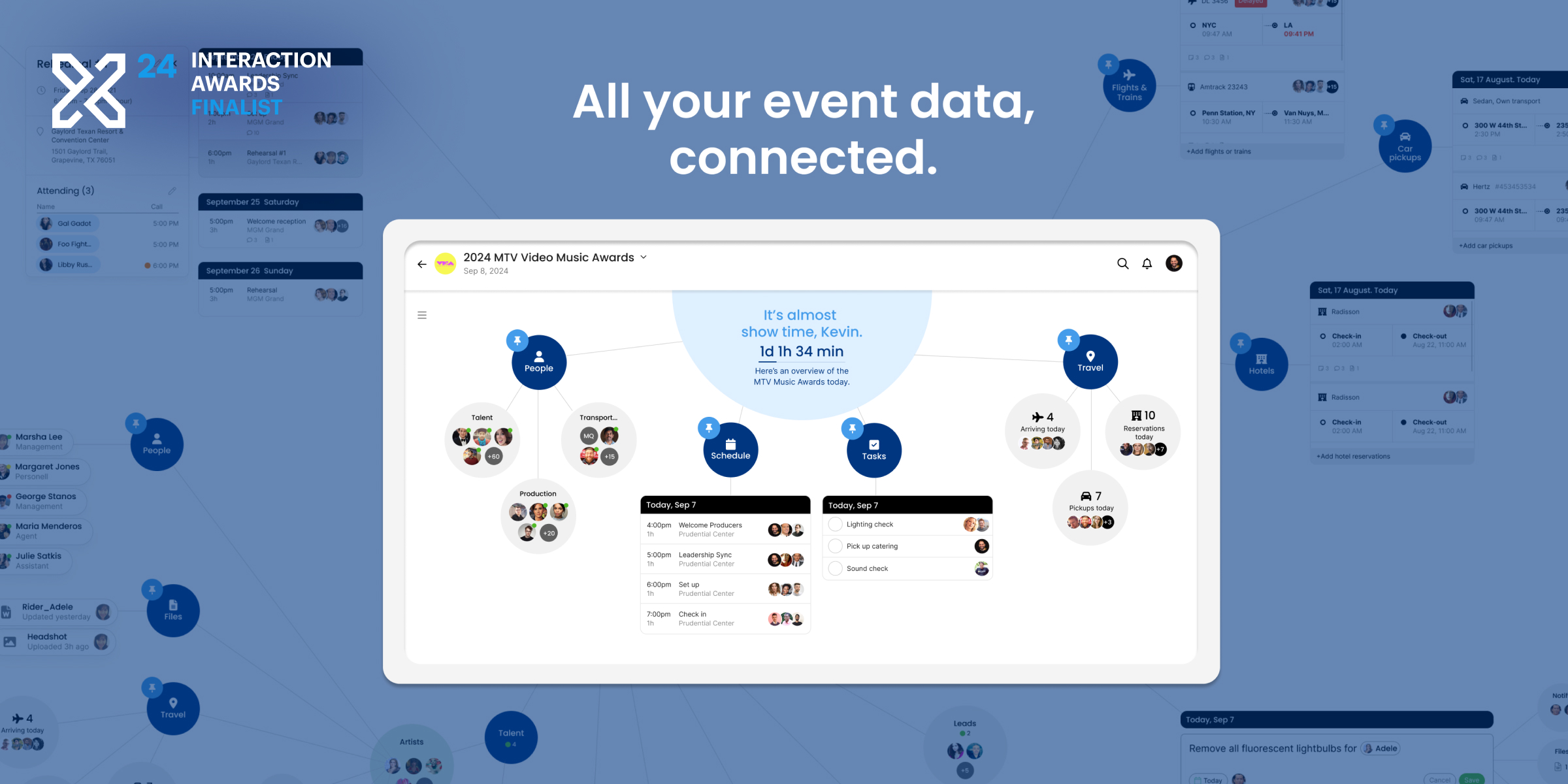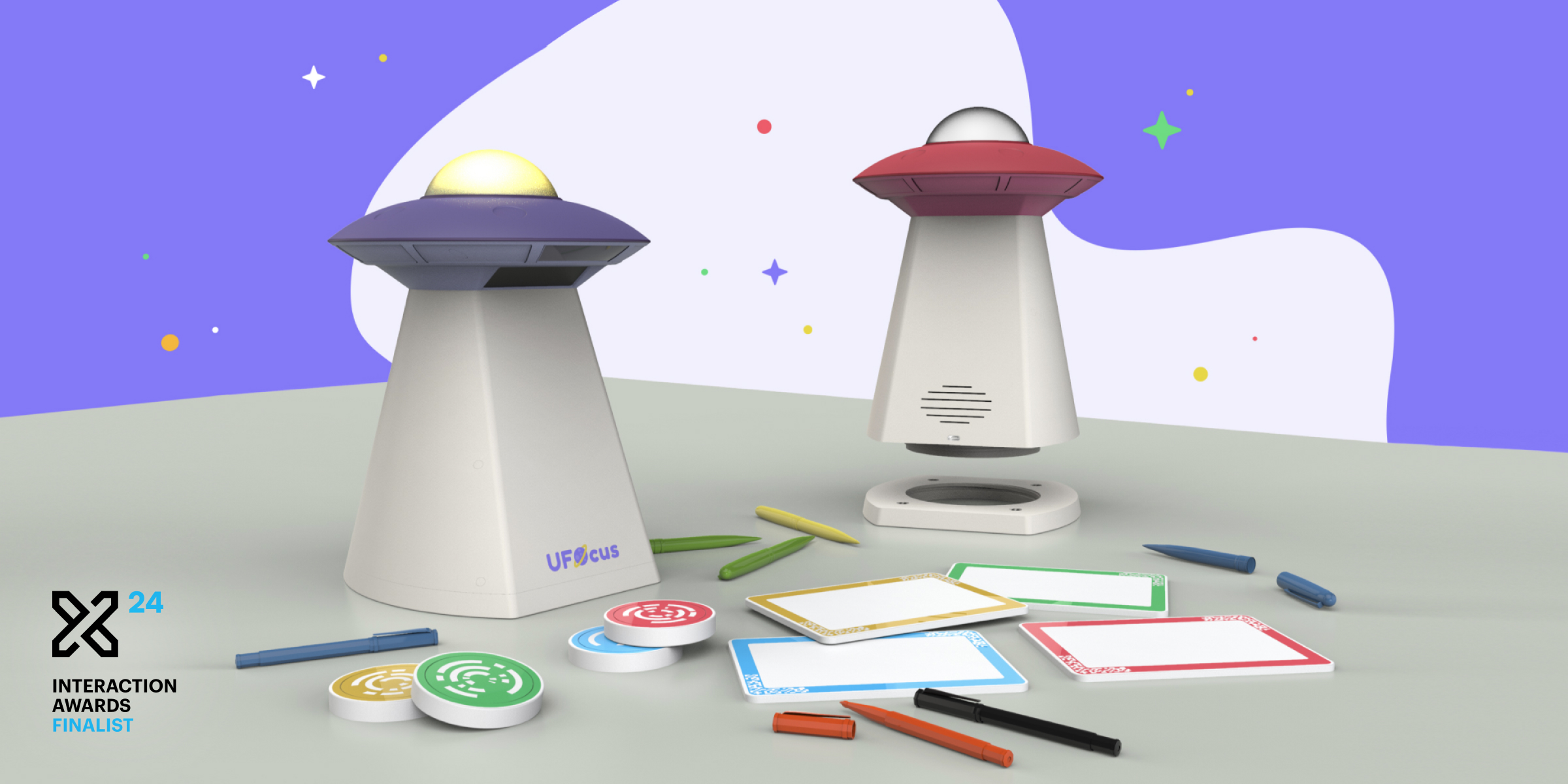Moot - Make Democracy Great Again
Team
Company | Institution
Category
Type
Project description
Recent political events have highlighted a deep disconnect between society and government. Internationally, people have taken to the streets to protest, or used their vote at the ballot box to voice their dissatisfaction with ‘the establishment’. The problem facing policymakers is no less challenging – with the breakdown of traditional media and the rise of ‘fake-news’, it’s harder than ever to communicate effectively with citizens resulting in a breakdown in civic dialogue and an erosion of trust in our public institutions.
Frontend.com have been working with a collective comprised of Irish universities (IADT, NCAD, and the University of Limerick), along with EU, American, and Canadian policy labs/think-tanks to combat this problem; exploring ways to tackle populist, anti-government sentiment by improving communication between citizens and government. Our initial research confirmed our belief that citizens felt alienated by their public representatives; while conversely politicians felt unable to communicate their efforts effectively to the citizens they represent.
THE CHALLENGE
We set ourselves the challenge to explore how we might repair this rift; to help rebuild citizens’ trust in public bodies through more effective channels of communication; to provide new ways for citizens to express their thoughts and, on the flipside, for public representatives to be able to consume all these correspondences. Ultimately helping to reengage citizens with the political process by creating a new more effective political dialogue.
THE MOOT PLATFORM
Moot is a technology framework which seeks to open constructive dialogue between public representatives and the citizens they serve.
For citizens, Moot offers offers direct access to public representatives through channels they are familiar with. Through a conversational UI, we use AI to clarify, categorize and frame citizen queries. Where appropriate, Moot can directly answer the individual’s question or challenge extreme views. Where the citizen wishes to connect with a public representative, Moot can allow them to select the correct representative and relay their input.
The system groups messages of similar intent, enabling public representatives to reply to them collectively. Automated replies can be sent to future messages in this group, reducing the demands on their time and freeing them up to host more constructive conversations with their constituents.
To contextualize what public representatives are hearing, Moot presents additional information such as trending media and poll results. Core to the concept is a feedback loop which sends citizens updates whenever their topic or idea is mentioned in parliament, reports, or legislation.
TESTING
To assess the concept, we conducted a pilot study with Cork County Council to understand the impact of providing citizens with updates on the effect of their engagement. Individuals who received updates after engaging with the council had a 32% more favorable view of the council than those who did not. They were also 19% more likely to believe they had an impact in society as a whole.
These results are a positive indication that empowering citizen voices and demonstrating their impact can play a role in the restoration of trust in our public institutions once again.
Frontend.com have been working with a collective comprised of Irish universities (IADT, NCAD, and the University of Limerick), along with EU, American, and Canadian policy labs/think-tanks to combat this problem; exploring ways to tackle populist, anti-government sentiment by improving communication between citizens and government. Our initial research confirmed our belief that citizens felt alienated by their public representatives; while conversely politicians felt unable to communicate their efforts effectively to the citizens they represent.
THE CHALLENGE
We set ourselves the challenge to explore how we might repair this rift; to help rebuild citizens’ trust in public bodies through more effective channels of communication; to provide new ways for citizens to express their thoughts and, on the flipside, for public representatives to be able to consume all these correspondences. Ultimately helping to reengage citizens with the political process by creating a new more effective political dialogue.
THE MOOT PLATFORM
Moot is a technology framework which seeks to open constructive dialogue between public representatives and the citizens they serve.
For citizens, Moot offers offers direct access to public representatives through channels they are familiar with. Through a conversational UI, we use AI to clarify, categorize and frame citizen queries. Where appropriate, Moot can directly answer the individual’s question or challenge extreme views. Where the citizen wishes to connect with a public representative, Moot can allow them to select the correct representative and relay their input.
The system groups messages of similar intent, enabling public representatives to reply to them collectively. Automated replies can be sent to future messages in this group, reducing the demands on their time and freeing them up to host more constructive conversations with their constituents.
To contextualize what public representatives are hearing, Moot presents additional information such as trending media and poll results. Core to the concept is a feedback loop which sends citizens updates whenever their topic or idea is mentioned in parliament, reports, or legislation.
TESTING
To assess the concept, we conducted a pilot study with Cork County Council to understand the impact of providing citizens with updates on the effect of their engagement. Individuals who received updates after engaging with the council had a 32% more favorable view of the council than those who did not. They were also 19% more likely to believe they had an impact in society as a whole.
These results are a positive indication that empowering citizen voices and demonstrating their impact can play a role in the restoration of trust in our public institutions once again.

